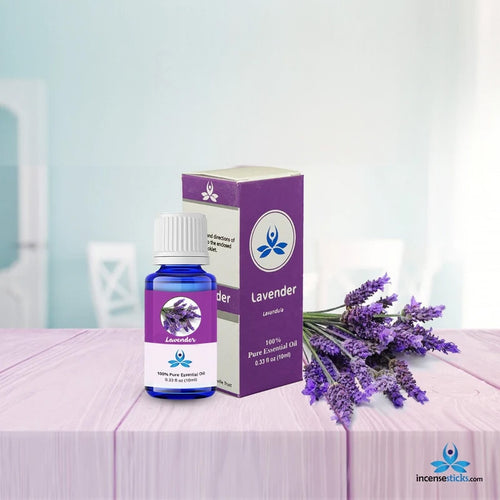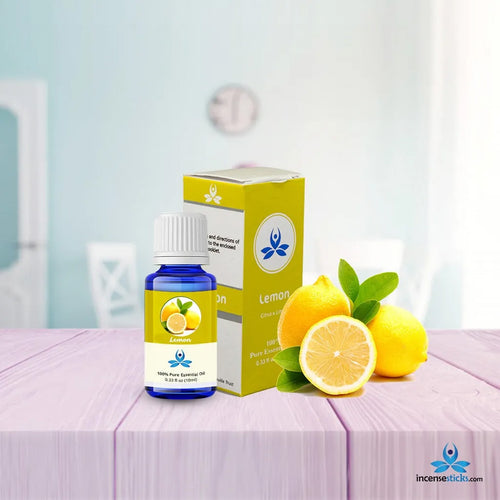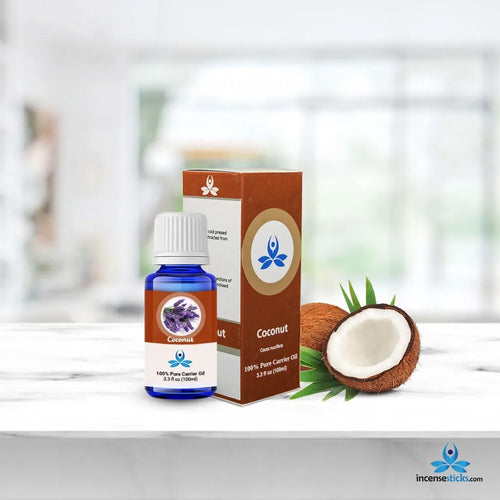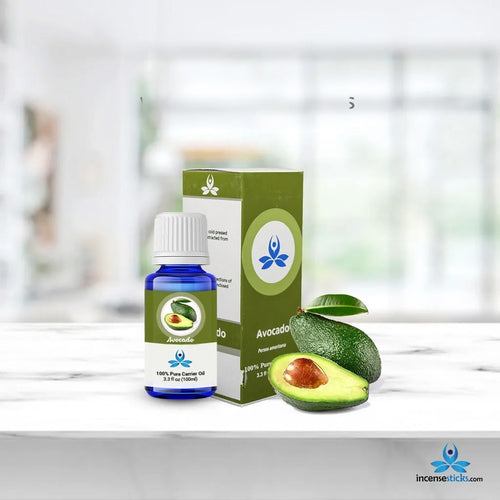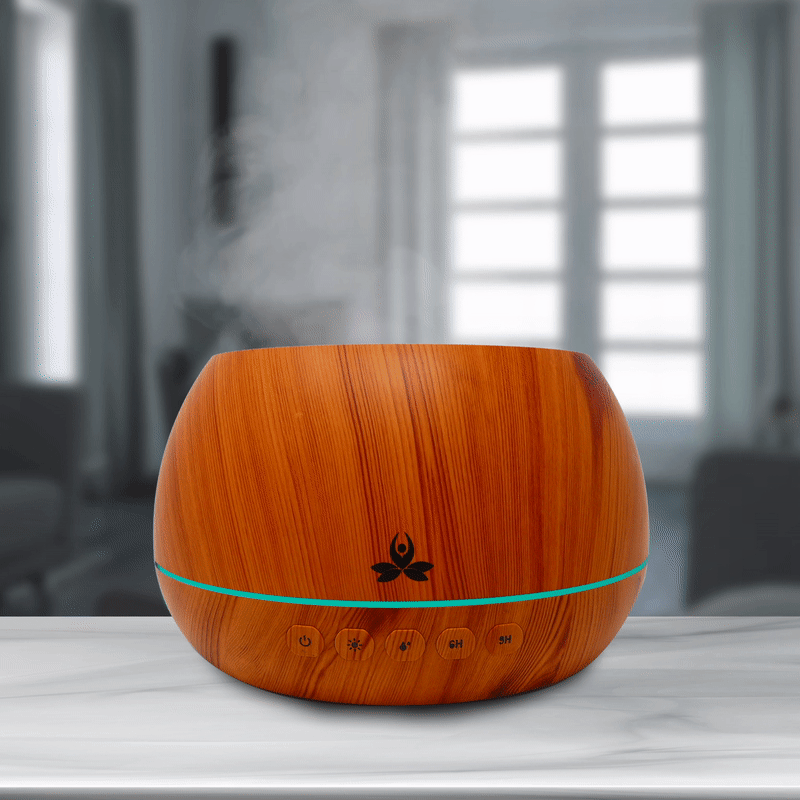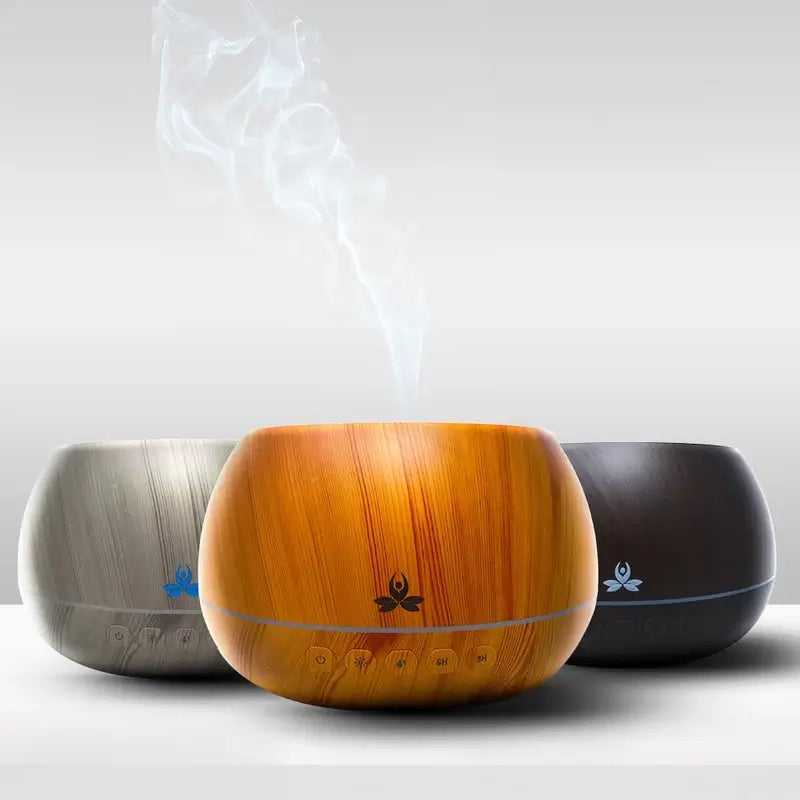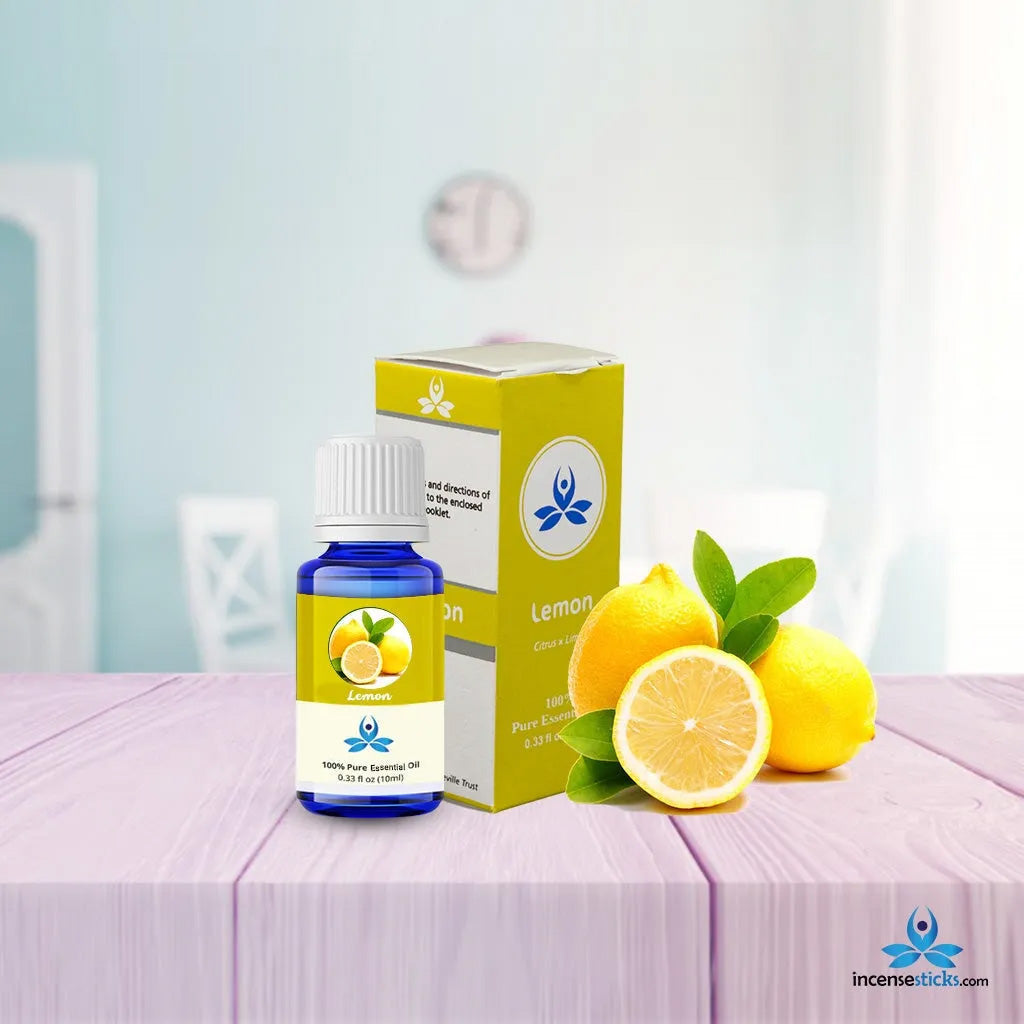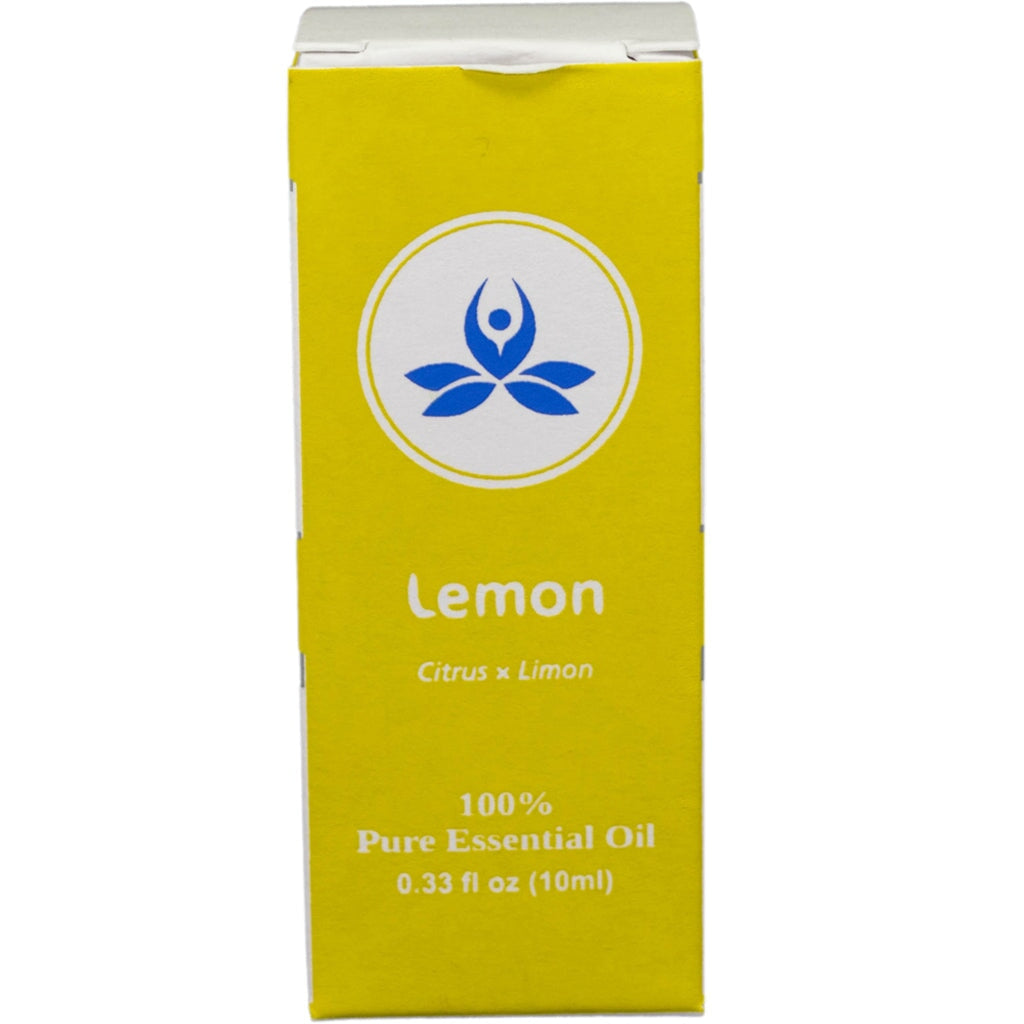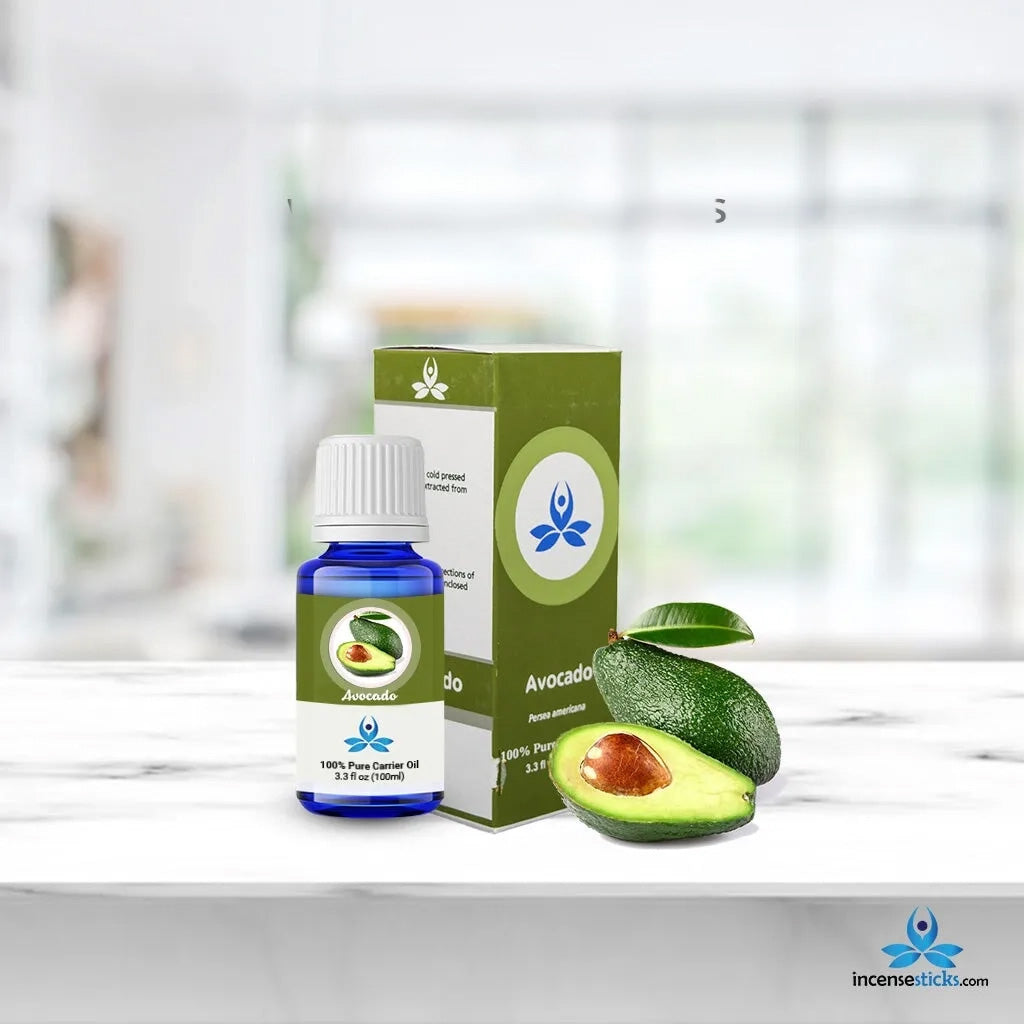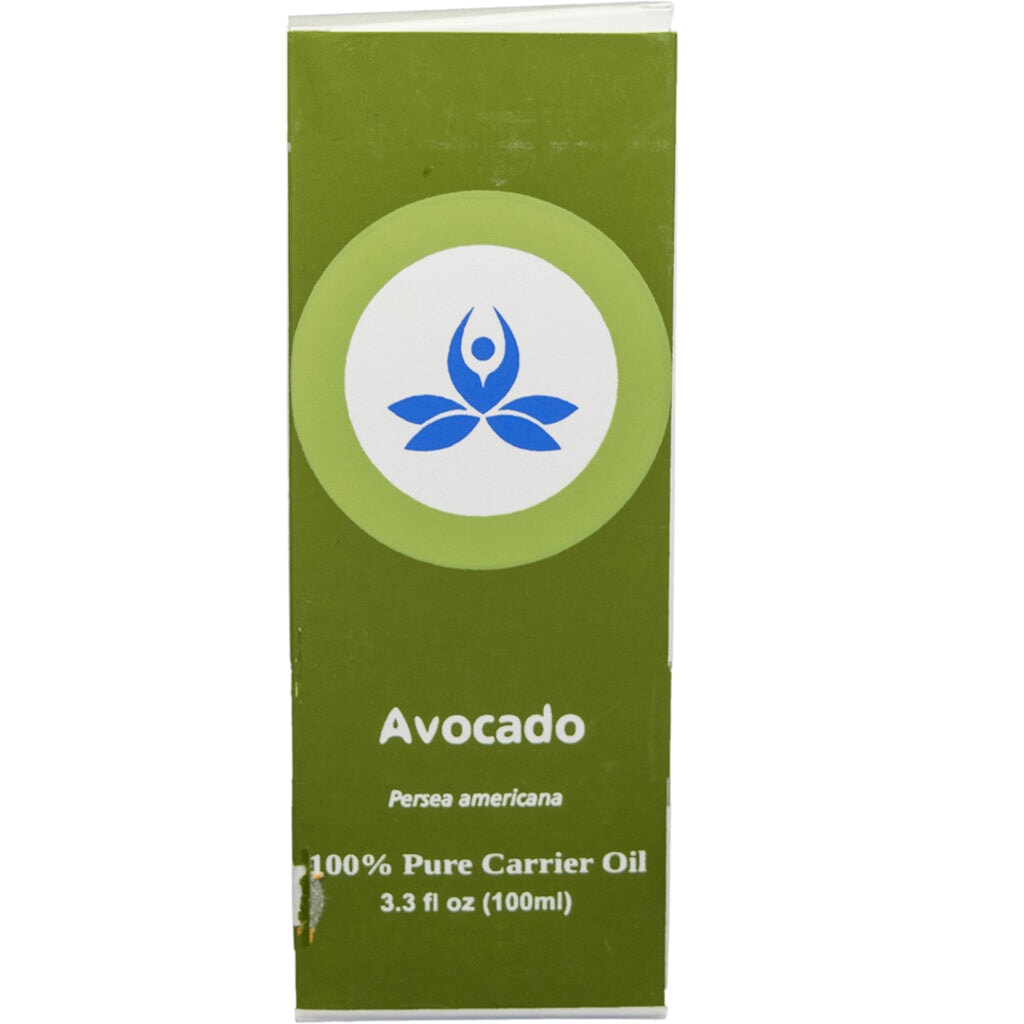Guide to Indian Basil Essential Oil
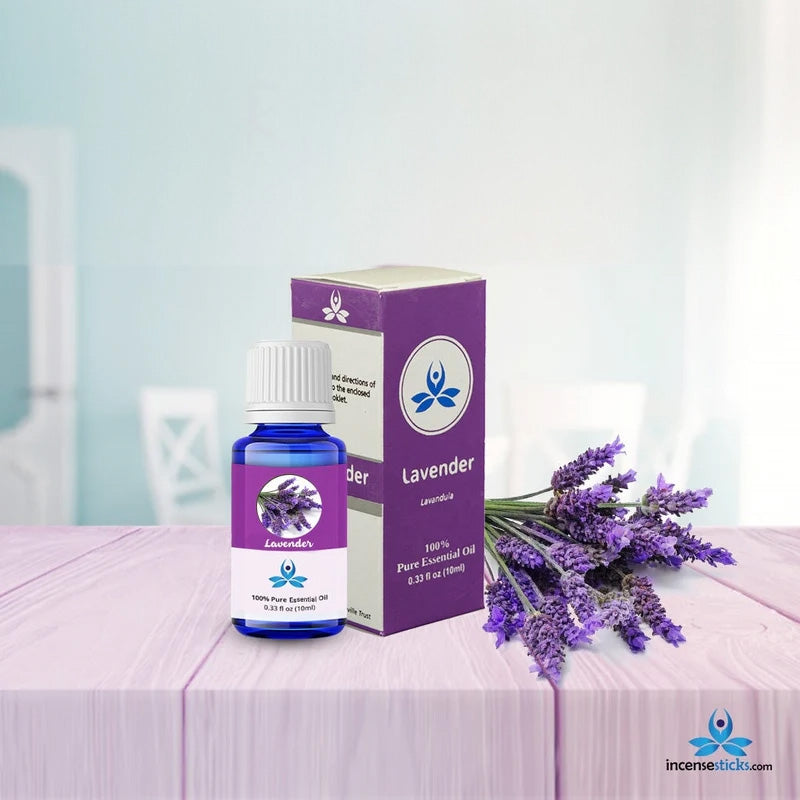

Indian Basil also called tulsi or tulasi is a bushy plant that thrives best in warm climates and is native to the Indian subcontinent. It is highly revered in Indian culture for its spiritual and medicinal properties. It offers several health benefits which is why it is called the “ Queen of Herbs”. Holy basil essential oil is extracted from the leaves of the tulsi plant. It has powerful antioxidant, antibacterial and anti-inflammatory properties, for which it is proudly called the 'elixir of life'.
Scientific Name / Botanical name: Ocimum tenuiflorum or Ocimum sanctum
Extraction Method: Steam Distillation
Plant Part: Leaves
Also known as: Tulsi, Tulasi, Thulasi
Aroma: Fresh and Minty
Color: Clear to pale yellow or green
Benefits




Ways to use
Aromatherapy
During meditation or yoga, diffuse the holy basil essential oil to induce positivity around you.

Fill diffuser with water


Topical use
For healthy skin


Inhalation
This method is helpful to promote mental focus, alleviate respiratory congestion, or simply enjoy the invigorating scent of the oil.


Recommended Essential Oil Blends:
Most floral and citrus essential oils blend well with Indian basil oil. Most commonly used Oils that blend well with basil essential oil are
Recommended Carrier oils:
Safety
- Avoid contact with eyes, nose, and sensitive areas.
- Never apply essential oils to the skin or scalp directly. It is highly recommended to dilute the oil using a carrier oil to avoid skin irritation.
- Do a patch test before topical use to make sure there are no allergic reactions to any essential oil.
- If you are pregnant, nursing or taking medication; consult a physician before use.


